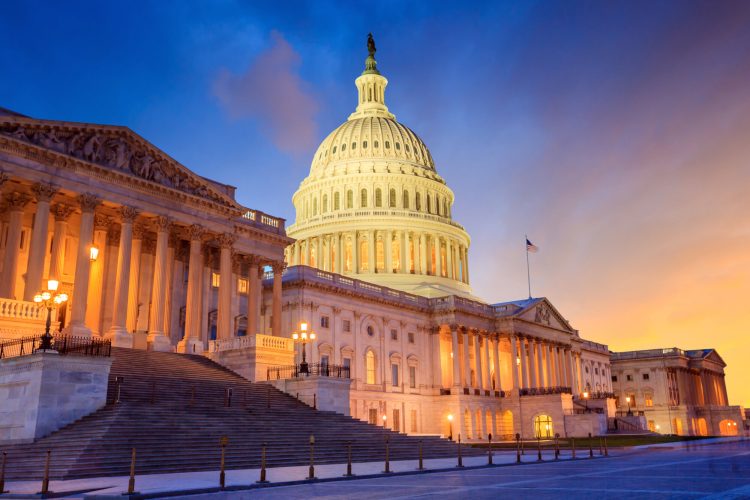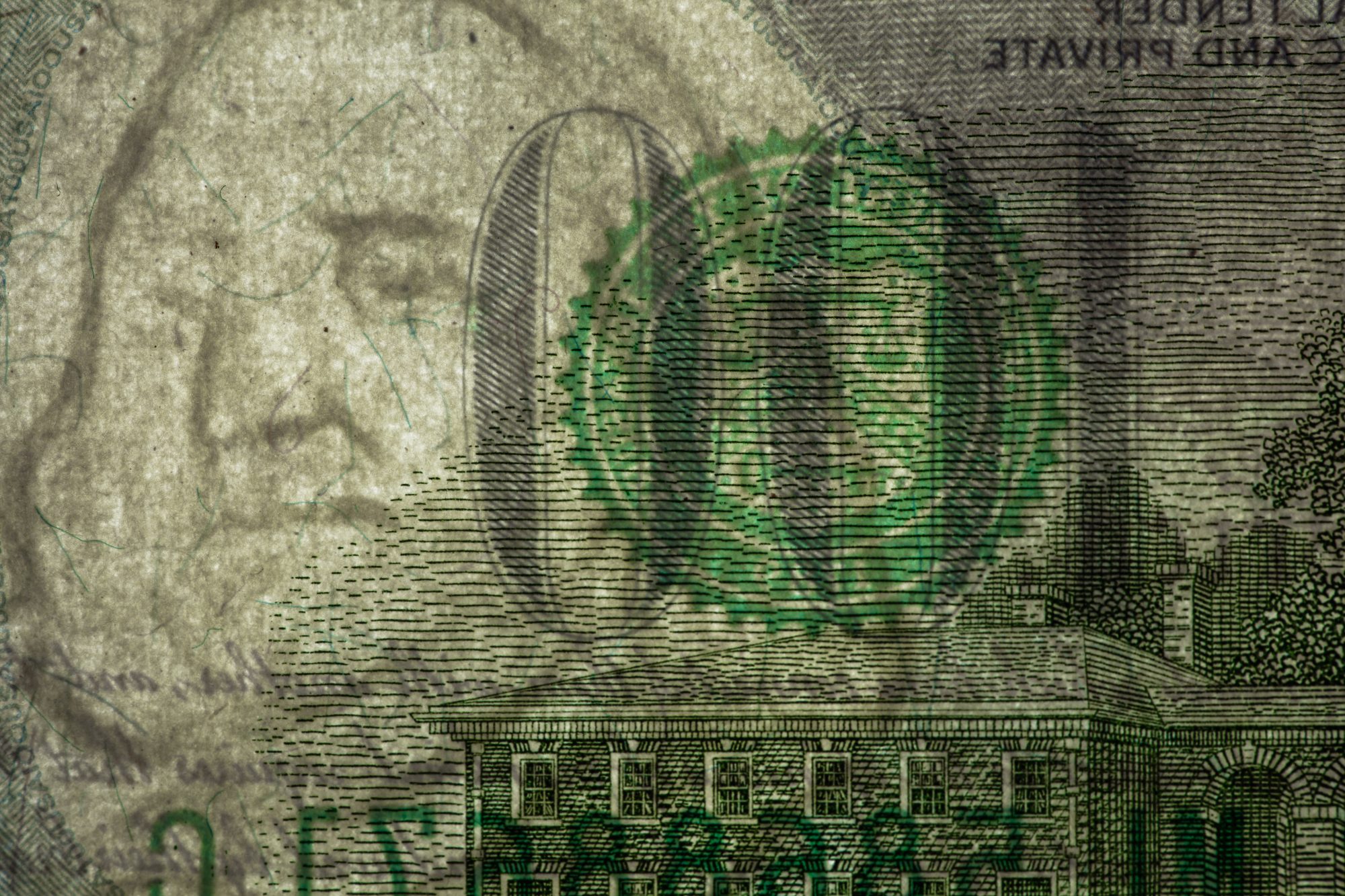This week on Facing the Future, Jessica Riedl, a Senior Fellow at the Manhattan Institute, joined me to discuss her list of the top 10 federal budget gimmicks and the potential for tariffs to raise revenues, harm the economy or both.
As we went through Riedl’s list of budget gimmicks, it was clear that many of them are in play this year. She mentioned, for example, “fake expiration dates” and using a “current policy” baseline. A key feature of the recently passed congressional budget resolution is the use of a current policy baseline to assume that extending the expiration date of the 2017 tax cuts will have no budgetary effect.
“The idea that we’re going to have all of these budget rules enforcing how much you can cut taxes, how much you can increase spending, and what the baseline is really falls apart if the lawmakers can just make up whatever numbers they want. If you can just decide the tax cuts cost zero and therefore there’s no need to enforce any deficit reduction restrictions, then ultimately you have no budget rules,” she said.
“And it’s shortsighted for Republicans,” she observed, “because if you can say the tax cuts cost nothing, what’s to stop future Democrats from saying Medicare-for-all costs nothing? Ultimately, any rule that you use now can be used against you down the road, and in all these instances the taxpayers are going to be the ones that lose.”
Another of Riedl’s top 10 budget gimmicks that is in use this year is the “rosy economic scenario.” She explained, “If Congress wants to pretend they’re reducing the deficit instead of actually reducing the deficit, they just say, ‘let’s magically assume that the economy is going to grow at the fastest rate in decades and produce trillions of dollars in new tax revenue.’”
In this year’s budget, Riedl said that the House “magically assumes that the economy will produce $13 trillion in additional wealth over the baseline estimates over the next decade, which will in turn provide $2.6 trillion in tax revenues. There is no policy in the budget that would actually produce this sort of growth and there is no basis to suggest such a huge burst of economic growth. But it gives you that headline of ‘we’re reducing the deficit’ without doing it.”
Riedl next described “fake savings” from the Department of Government Efficiency (DOGE), which she referred to as “spending cut theater.”
“It’s not real,” she said, “because 75 percent of all federal spending goes to six items: Social Security, Medicare, Medicaid, defense, veterans and interest that DOGE not only isn’t touching because President Trump doesn’t want to, but they can’t legally cut that spending without a law passed by Congress. So instead, they’re looking at these culture war totems that don’t save much money – DEI contracts, Politico subscriptions, federal employees, foreign ai -, that cause maximum chaos. They may claim they’ve saved $150 billion, but only $2 billion has been verified. It’s public relations to make it look like you’re doing something about the deficit when you’re not.”
In the end, Riedl said, “all of these gimmicks are ways to look tough on spending and deficits without actually doing anything about spending and deficits. Lawmakers can put out press releases, they can put out fake budgets. They can give talking points. They can trick the voters into thinking they’re doing something about deficits. But ultimately the economy won’t be fooled. The deficit won’t be fooled. The debt won’t be fooled. Interest rates won’t be fooled, and the $30 trillion debt won’t be fooled. Ultimately, we’re just fooling ourselves.”
We wrapped up the interview with a discussion of President Trump’s evolving tariff policy and whether it would bring in new revenue or harm the economy. Riedl is skeptical of the big revenue claims and concerned about the economic effects.
“If you have an average tariff of 20 percent, theoretically, you could say that’s going to raise $640 billion a year, which is pretty close to what the President’s advisor, Peter Navarro said. But the reason you’re not going to get $640 billion a year is that part of the point of tariffs is for people to stop buying imports, to make them so expensive that you substitute in domestic options. So if people stop buying imports, then you’re not going to raise the $640 billion. Additionally, most economists believe, and I think the American people don’t need much convincing of this right now, that tariffs reduce economic growth. They cause dislocations that reduce tax revenues as people lose their jobs and income falls.”
Moreover, Riedl pointed out, “One estimate suggested that in Trump’s first term 97 percent of all tariff revenues were spent bailing out farmers and other industries hit by retaliatory tariffs. If that happens again, forget $640 billion. You’re going to have people not buying the tariffed items. You’re going to have the economy shrinking. And you’re going to have the remaining revenue going to bailouts. You may get little to no deficit reduction, and at least what little there is certainly won’t be worth the economic losses and chaos that they accompanied.”
Hear more on Facing the Future. Concord Coalition Senior Advisor Bob Bixby hosts the program each week on WKXL in Concord N.H., and it is also available via podcast. Join us as The Concord Coalition team discusses issues relating to national fiscal policy with budget experts, industry leaders, and elected officials. Past broadcasts are available here. You can subscribe to the podcast on Spotify, Pandora, iTunes, Google Podcasts, Stitcher, or with an RSS feed. Follow Facing the Future on Facebook, and watch videos from past episodes on The Concord Coalition YouTube channel.
Continue Reading





